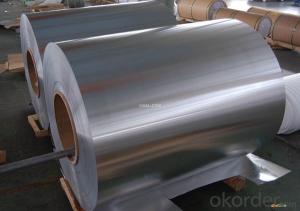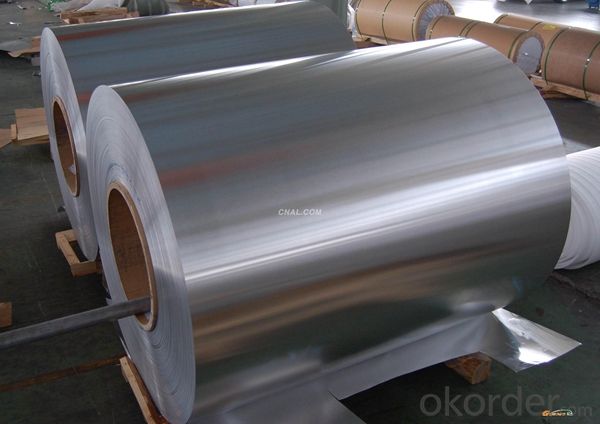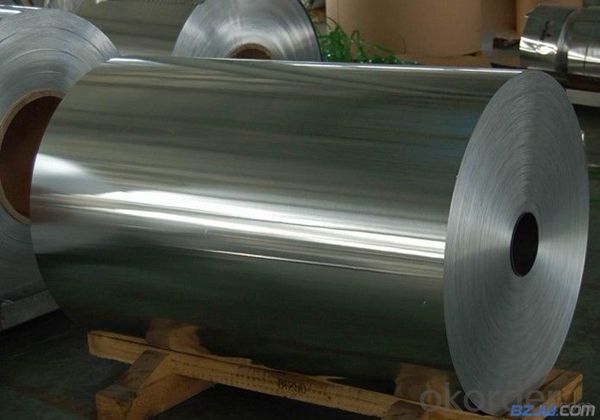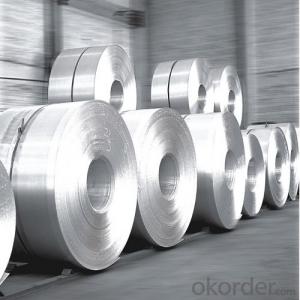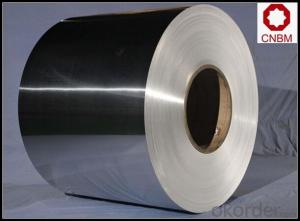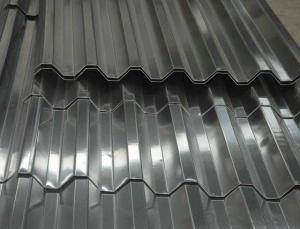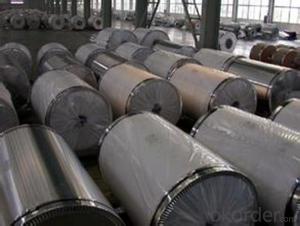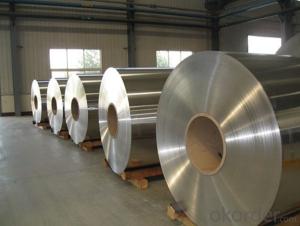0270a00983 Aluminum Coil Goodman - Low Price Supplier Alloy 3003 for Automotive
- Loading Port:
- Shanghai
- Payment Terms:
- TT OR LC
- Min Order Qty:
- 5 m.t.
- Supply Capability:
- 10000 m.t./month
OKorder Service Pledge
OKorder Financial Service
You Might Also Like
Specification
1. Specification of Aluminum Rolls Low Price Supplier Alloy 3003 for Automotive
characteristics | Application |
1) Super peeling strength | 1) Building exterior curtain walls |
2) Excellent surface flatness and smoothness | 2) Decoration and renovation additions for old buildings |
3) Superior weather, corrosion, pollutant resistance | 3) Decoration of interior walls, ceilings, bathrooms, kitchens and balconies |
4) Even coating, various colors | 4) Shop door decorations |
5) Fireproof, excellent heat and sound insulation | 5) Advertisement board display platforms and signboards |
6) Superior impact resistance | 6) Wallboards and ceilings for tunnels |
7) Lightweight and easy to process | 7) Industrial materials, materials for vehicles and boats |
2. Application of Hot Rolled Coil Aluminium Cold Rolled Coil Thick Foil
(1).Interior: wall cladding, ceilings, bathrooms, kitchens and balconies, shutters, doors...
(2).Exterior: wall cladding, facades, roofing, canopies, tunnels,column covers , renovations...
(3).Advertisement: display platforms, signboards, fascia, shop fronts...
3. Feature of Aluminum Rolls Low Price Supplier Alloy 3003 for Automotive
*Such coil is specially designed to replace aluminum ingot, due to the high export tax of aluminum ingot, the coil has better price than ingot.
*This type of coil can fit customer's remelting furnace just like ingot, no need to make any change to the production line that was previously used for ingot. The standard coil size and weight is very suitable for the feed gate of furnace.
*This type of coil causes less material wastage than ingot when remelted.
*Our coil is made directly from ore, no need to go though the ingot making process, quality is much better than other suppliers who use ingot scrap to make coil.
Be free from Oil Stain, Dent, Inclusion, Scratches, Stain, Oxide Dicoloration, Breaks, Corrosion, Roll Marks, Dirt Streaks and other defect which will interfere with use
4. Certificate:
SGS and ROHS(if client request, paid by client), MTC(plant provided), Certificate of Origin(FORM A, FORM E, CO), Bureau Veritas and SGS (if client request, paid by client), CIQS certificate
5. Image of Aluminum Rolls Low Price Supplier Alloy 3003 for Automotive
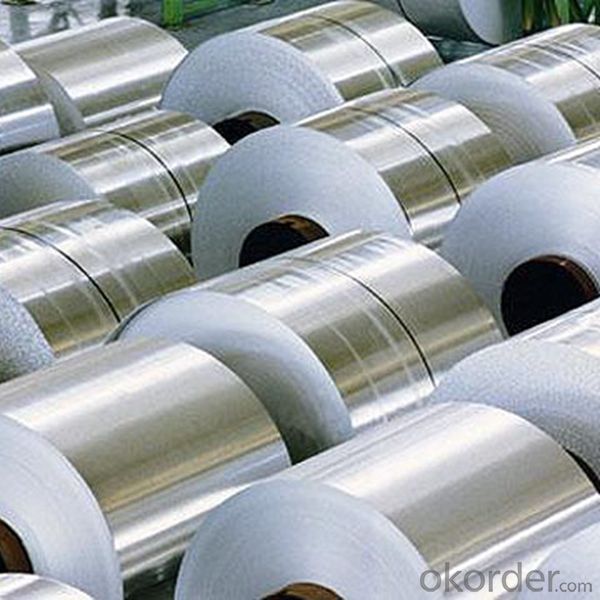
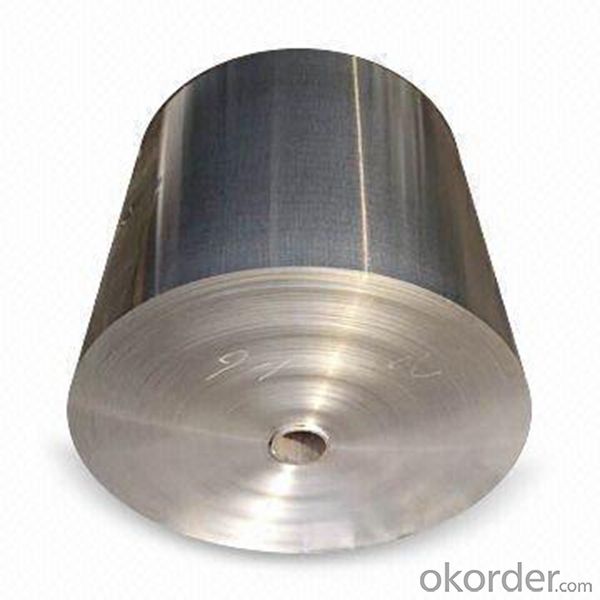
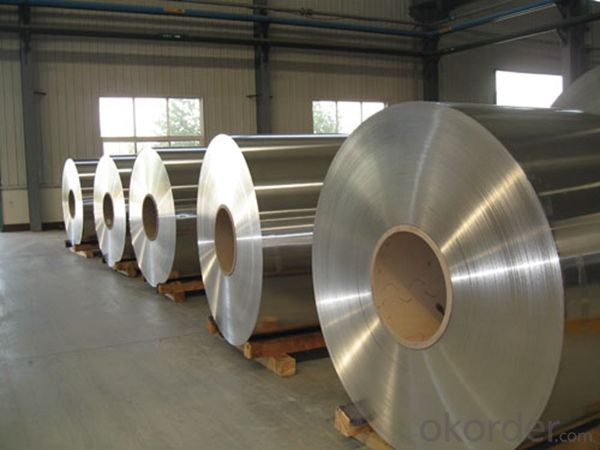
6. Package and shipping of Aluminum Rolls Low Price Supplier Alloy 3003 for Automotive
eye to wall
eye to the wall
with wood pallet (wooded case also available)
7. FAQ
1) What is the delivery time?
Dpends on actual order, around 20 to 35 days
2)What is the QC system:
We have QC staff of 20 persons and advanced equipment, each production is with MTC traced from Aluminum ingot lot.
3) What market do you mainly sell to?
Australia, America, Asia, Middle East, Western Europe, Africa etc
- Q: How are aluminum coils used in the production of sporting goods?
- Aluminum coils play a vital role in the production of sporting goods due to their lightweight, durable, and corrosion-resistant properties. These coils are primarily used in the manufacturing of sporting equipment such as baseball bats, tennis rackets, golf clubs, and bicycle frames. One of the key advantages of aluminum coils is their lightweight nature, which allows for enhanced maneuverability and improved performance. For instance, in the production of baseball bats, aluminum coils are used to create hollowed-out barrels that provide players with a better swing speed and increased power. Similarly, in tennis rackets and golf clubs, aluminum coils are utilized to construct the shaft, offering players greater control and maneuverability during gameplay. The durability of aluminum coils ensures that the sporting goods can withstand the rigors of intense physical activities. Whether it is the impact of a baseball hitting a bat or the force exerted on a bicycle frame during a rough ride, aluminum coils provide the necessary strength and resilience to withstand such pressures. This durability factor is crucial in ensuring the longevity of the sporting goods, reducing the need for frequent repairs or replacements. Furthermore, the corrosion-resistant properties of aluminum make it an ideal material for sporting equipment that may be exposed to various weather conditions or moisture. Aluminum coils are resistant to rust, ensuring that the sporting goods can maintain their performance and appearance over time. This quality is particularly beneficial in outdoor sports like golf or cycling, where exposure to rain, humidity, or perspiration is common. In summary, aluminum coils are extensively used in the production of sporting goods due to their lightweight, durable, and corrosion-resistant properties. These coils contribute to the overall performance, strength, and longevity of sporting equipment, enhancing the experience of athletes and enthusiasts alike.
- Q: Are aluminum coils suitable for manufacturing cookware?
- Yes, aluminum coils are suitable for manufacturing cookware. Aluminum is a popular choice for cookware due to its excellent heat conductivity, which allows for even heating and efficient cooking. It also has a lightweight and durable nature, making it easy to handle and long-lasting. Additionally, aluminum is resistant to rust and corrosion, making it an ideal material for cookware that is frequently exposed to water and heat. However, it is important to note that uncoated aluminum cookware may react with certain acidic or alkaline foods, leading to a metallic taste. To overcome this, many aluminum cookware manufacturers use non-stick coatings or anodized finishes to prevent food reactions and improve the durability of the cookware. Overall, aluminum coils are a suitable material for manufacturing cookware, but it is essential to consider the specific requirements and coatings needed for different types of cookware to ensure safety and optimal performance.
- Q: What is the role of aluminum coils in the automotive industry?
- Aluminum coils play a crucial role in the automotive industry as they are used in the manufacturing of various vehicle components. These coils are primarily utilized in the production of heat exchangers, such as radiators and condensers, which are responsible for regulating engine temperature and air conditioning systems. Aluminum coils offer excellent heat transfer properties, lightweight construction, and corrosion resistance, making them ideal for enhancing vehicle performance and fuel efficiency. Additionally, they are also utilized in the fabrication of body panels, frames, and suspension components, contributing to the overall weight reduction of automobiles.
- Q: Aluminum is a metal and nitrate (nitrogen) is a non metal so shouldn't they form an ionic bond and not a covalnt bond? And if it were an ionic bond wouldn't it be called aluminum mononitrate? But it is a covalnt bond (thus a molecular bond and so there is no mono in the name). Pleas help I'm very confused!
- You have the advantage here. As far as I know, the compound is ionic with one Al^+3 ion and three NO3^-1 ions. There have to be 3 negative ions to balance the charge of +3 on the aluminum ion to make a neutral formula unit
- Q: Can aluminum coils be used in the production of chemical storage tanks?
- Yes, aluminum coils can be used in the production of chemical storage tanks. Aluminum is a versatile and durable material that offers several advantages for chemical storage applications. It is corrosion-resistant, which makes it suitable for storing a wide range of chemicals. Additionally, aluminum is lightweight, which makes it easier to transport and install compared to other materials like steel. It is also non-magnetic, which can be beneficial in certain applications. However, it is important to consider the specific requirements of the chemicals being stored and consult with experts or manufacturers to ensure that aluminum is the appropriate choice for the intended use.
- Q: What specific conditions or criteria must be met when utilizing aluminum coils?
- <p>There are several special requirements for using aluminum coils. They should be stored in a dry and clean environment to prevent corrosion. The coils must be handled carefully to avoid scratches or dents that could affect their performance. When used in manufacturing, the specific alloy type and temper of the aluminum coil must be considered as they influence properties like strength and malleability. Additionally, the thickness and width of the coil should match the requirements of the application to ensure proper fit and functionality. Adherence to safety standards during the handling and processing of aluminum coils is also crucial to prevent accidents and ensure quality control.</p>
- Q: Can aluminum coils be used in aerospace applications?
- Yes, aluminum coils can be used in aerospace applications. Aluminum is a lightweight and durable material that offers excellent heat conductivity and corrosion resistance, making it suitable for various aerospace components like heat exchangers, condensers, and cooling systems. Its versatility and strength-to-weight ratio make aluminum coils a popular choice in the aerospace industry.
- Q: Can aluminum coils be customized to specific requirements?
- Indeed, specific requirements can be accommodated through customization of aluminum coils. The versatility of aluminum coils allows for a broad range of specifications and applications to be met. Customization options encompass alloy selection, coil thickness, width, and length, as well as diverse surface treatments like coatings, finishes, and embossing. Furthermore, mechanical properties such as strength, flexibility, and corrosion resistance can be tailored to individual needs. To achieve desired outcomes, close collaboration with manufacturers or suppliers possessing the necessary expertise and facilities is necessary. Whether for the aerospace industry, automotive sector, construction projects, or any other usage, aluminum coils can be tailor-made to fulfill specific requirements and deliver optimal performance.
- Q: So on friday we mixed crystaline copper chloride stuffs with water to make a clear blue solution. We then put some aluminum into the solution. The solution began to heat up and there was a redish brown precipitate at the end. What caused the heat? What was boiling? How does the mass of the original aluminum and original copper chloride crystaline stuff compare with the mass of the red/brown power stuff (we strained the liquid out), and the mass of the dried up blue stuff?
- RE: Copper (II) Chloride Aluminum Lab! ? on a similar time as observing the filtrate of this lab, it incredibly is the Aluminum Chloride, what surely observations must be made approximately it? additionally, as quickly as you first pour the Copper (II) Chloride crystals into the water, is it heterogeneous or homogeneous? How approximately in case you enable the beaker sit down undisturbed for some...
- Q: What are the different protective film options for aluminum coils?
- There are several protective film options available for aluminum coils, each offering specific benefits and suitability for different applications. Some common options include: 1. PVC (Polyvinyl Chloride) Film: PVC films are widely used for protecting aluminum coils due to their excellent resistance to moisture, chemicals, and abrasion. They provide a high level of surface protection and are available in various thicknesses and adhesive strengths. 2. PE (Polyethylene) Film: PE films are another popular choice for protecting aluminum coils. They offer good resistance to moisture and UV radiation and are generally more cost-effective than PVC films. PE films are available in different grades, including low-density polyethylene (LDPE) and linear low-density polyethylene (LLDPE). 3. PP (Polypropylene) Film: PP films are known for their excellent tear resistance and high tensile strength. They provide good protection against mechanical damage and are suitable for applications where coils may undergo rough handling or transportation. 4. PET (Polyethylene Terephthalate) Film: PET films offer outstanding clarity and transparency, making them ideal for applications where visual inspection of the coils is required. They also provide good resistance to heat, chemicals, and abrasion. 5. Adhesive Coatings: In addition to films, adhesive coatings are sometimes used to protect aluminum coils. These coatings are typically applied directly to the surface of the coil and form a protective layer against moisture, corrosion, and scratching. When selecting a protective film for aluminum coils, it is essential to consider factors such as the intended application, environmental conditions, handling processes, and desired level of protection. Consulting with a supplier or manufacturer can help determine the most suitable option for specific requirements.
Send your message to us
0270a00983 Aluminum Coil Goodman - Low Price Supplier Alloy 3003 for Automotive
- Loading Port:
- Shanghai
- Payment Terms:
- TT OR LC
- Min Order Qty:
- 5 m.t.
- Supply Capability:
- 10000 m.t./month
OKorder Service Pledge
OKorder Financial Service
Similar products
Hot products
Hot Searches
Related keywords
